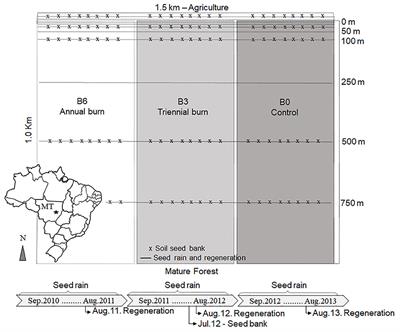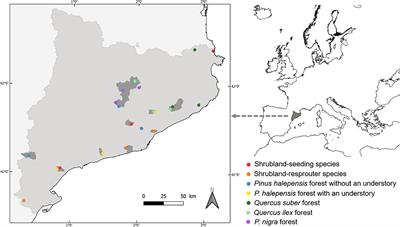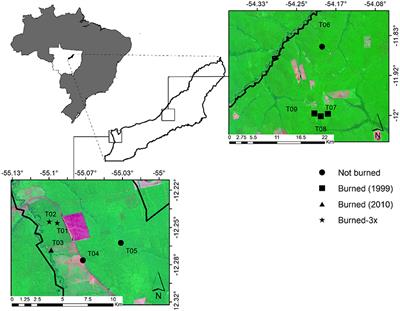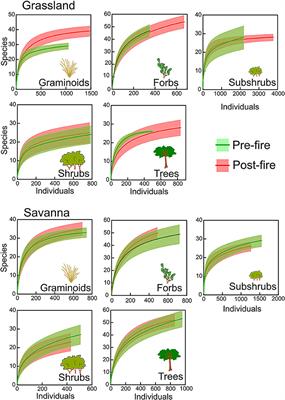ORIGINAL RESEARCH
Published on 21 Jul 2020
Effects of Fire Frequency on Seed Sources and Regeneration in Southeastern Amazonia

doi 10.3389/ffgc.2020.00082
- 4,812 views
- 19 citations
5,865
Total downloads
37k
Total views and downloads
You will be redirected to our submission process.
ORIGINAL RESEARCH
Published on 21 Jul 2020

ORIGINAL RESEARCH
Published on 23 Jun 2020

ORIGINAL RESEARCH
Published on 28 Feb 2020

ORIGINAL RESEARCH
Published on 19 Feb 2020

